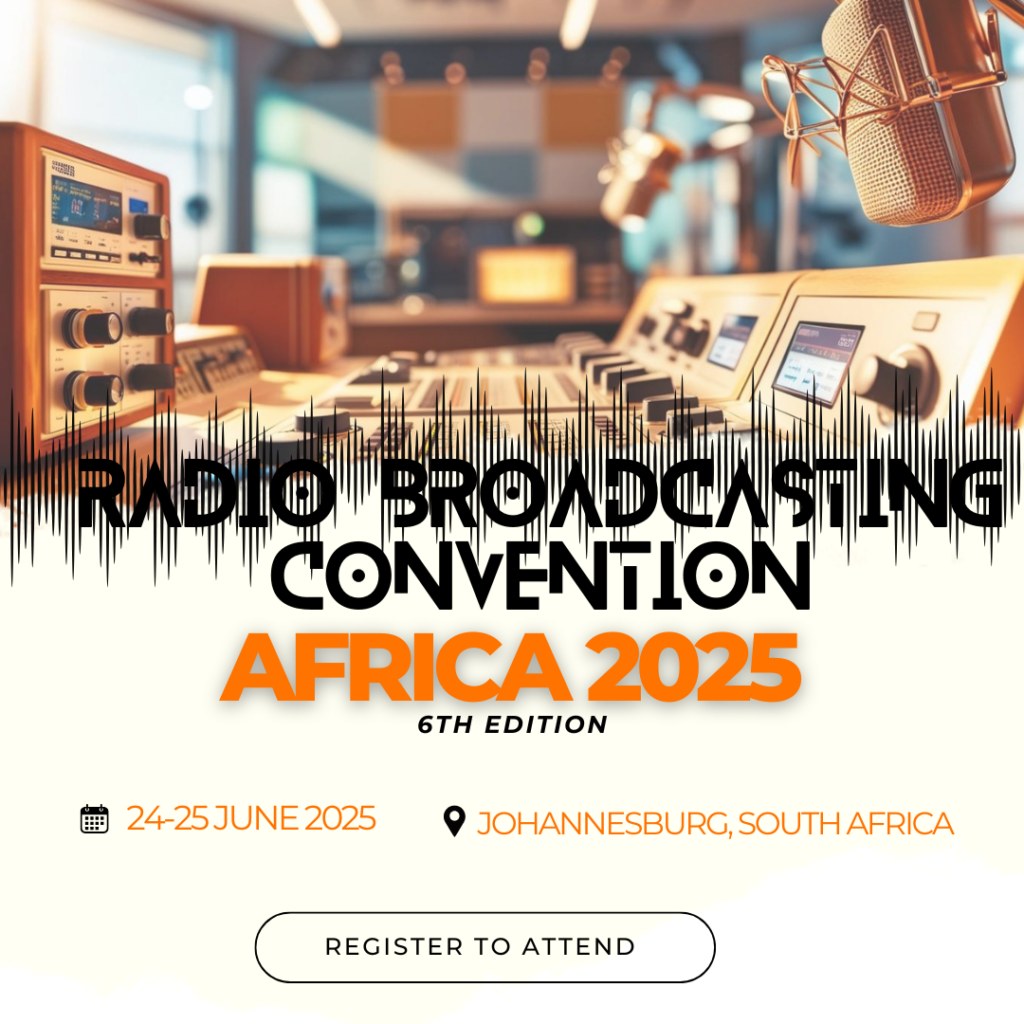
Africa’s broadcasting industry is pivotal, driven by the rapid rise of artificial intelligence (AI) technology and the demand for more efficient, inclusive, and localised content production.
As global media industries embrace AI to streamline workflows and enhance creativity, African broadcasters are exploring how these technologies can help address longstanding challenges—from limited resources and production costs to linguistic diversity and skills gaps.
“Artificial intelligence tools present a real opportunity to transform how we create, manage, and distribute content in Africa,” said Mr. Benjamin Pius, CEO of Broadcast Media Africa (BMA). “From local-language transcription and automated video editing to real-time news summaries and programme scheduling, AI can help broadcasters become more efficient, agile, and ultimately, more relevant to today’s digital-first audiences.”
While AI offers significant promise for the future of broadcasting in Africa, its adoption across the continent faces notable challenges. At the Convention, participants will confront and explore solutions to key barriers such as data privacy concerns and regulatory uncertainties, infrastructure and internet limitations, resistance to automation within newsrooms, and the lack of localised AI solutions that effectively address the continent’s diverse languages and cultural contexts.
All stakeholders must adopt a multifaceted approach to overcome the barriers to AI application in broadcasting. Investment in developing infrastructure—enhancing broadband penetration and replacing newsroom technology—is critical to facilitating the adoption of AI. Through targeted training and upskilling programmes, capacity building will enable media professionals to adapt and effectively collaborate with AI technologies. Cooperation between policymakers, technology firms, and broadcasters in bilateral or multilateral agreements is essential to developing clear regulatory guidelines addressing data privacy and ethics. Moreover, developing innovations that create AI solutions responsive to Africa’s linguistic and cultural particularities will localise the tools, making them contextually relevant, effective, and popular across the continent.
This topic of discussion forms part of the Convention’s broader theme: “Future of Radio and Audio Services: Innovation, Monetisation, and Sustainability,” and will explore the evolution of digital sound broadcasting across the continent.
This transition will be the focus of discussions at the upcoming Radio Broadcasting Convention – Africa 2025, which will take place in Johannesburg, South Africa, from June 24 to 25.
To learn more about this key industry meeting of pan-African Radio professionals, visit our website here.


















